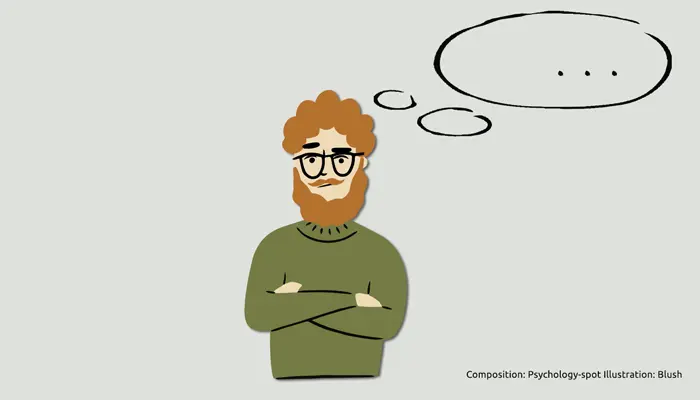
Without any doubt, “Psychopathology of Everyday Life” is the most famous book of all the works of Sigmund Freud. But on what it depends his popularity? On the style in which it was written, the questions it asks and the paths that leave open and are leading to the exploration of the human being.
It is a reading that, through twelve chapters, tries to explain the meaning of the actions we take every day and that only apparently have no sense, but of which we are 100% protagonists. Why do we forget the names of objects or places? Why do we forget the words of a foreign language? What message attempt to send the writing and verbal slips? Why do we forget some of our projects? What are teaching us the errors that apparently come randomly? Each chapter of the book tries to answer these and other questions.
The influences of unconscious processes on consciousness are unmasked with surprising regularity. Freud, as a scholar, is chasing false memories, oversights and errors, encountering occult explanations that still today remain largely unexplored.
This essay, written in a language accessible to all, even to common people, it might scare revealing the hidden motives that cause the different slips mentioned in the cases presented above.
Sometimes we may not fully coincide with the author’s reasoning, but it is still a book that we cannot read without giving it the right value.
Why we are tied to some numbers? Are there prophetic dreams? What is the “déjà vu”? These are all questions contained in the last chapter that open the door to a different world that makes us think.
Determinism, the belief in randomness and superstitions, is an invitation to reflect on the convergence of the unconscious on consciousness. An invitation to continue the discussion in order to understand ourselves better and become better people.



